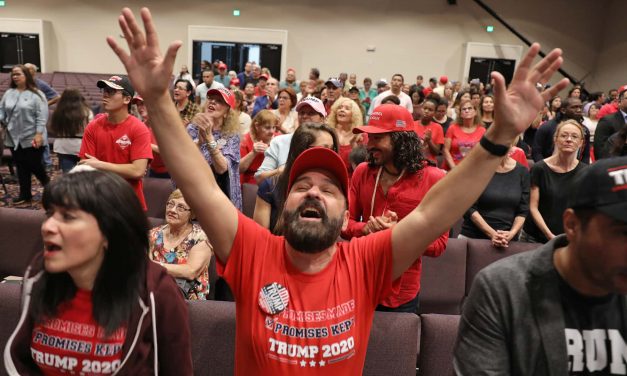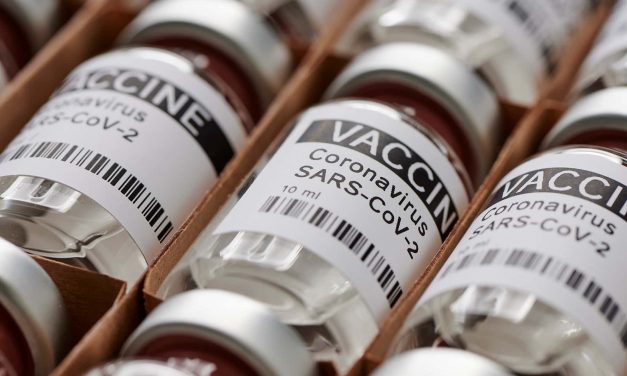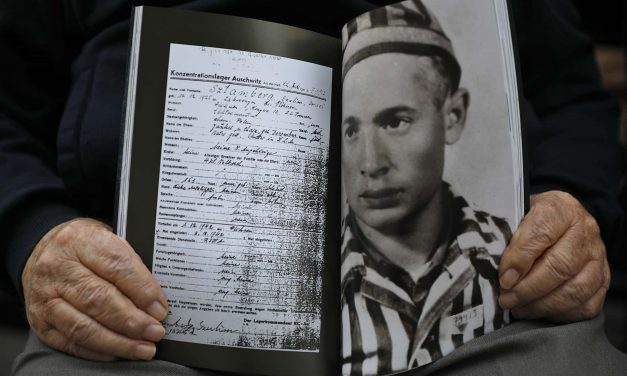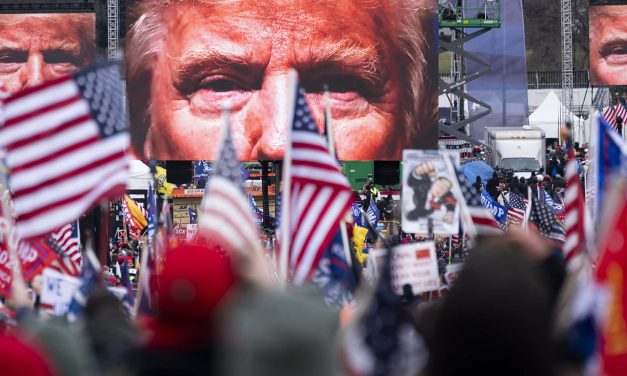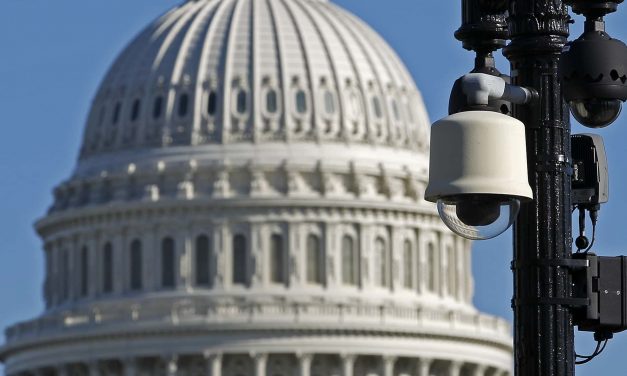Which false God will American Evangelicals worship now that Trump has become a fallen deity?
By Stewart Clem, Assistant Professor of Moral Theology, Aquinas Institute of Theology Donald Trump, by his own words and actions, does not appear to be the religious person or even someone who believes in a higher power beyond himself. He has claimed he doesn’t seek forgiveness from God, and he once tried to put money in a Communion plate. Apart from his controversial photo op while holding up a Bible in front of St. John’s Episcopal Church, he doesn’t seem especially concerned with Christian symbolism. And yet 76% of white evangelical voters supported him in the 2020 election. It’s...
Read More
